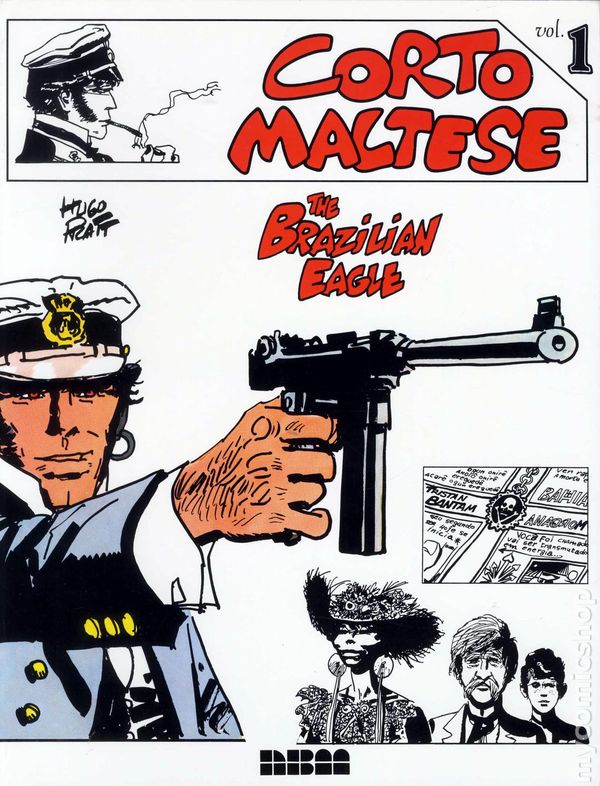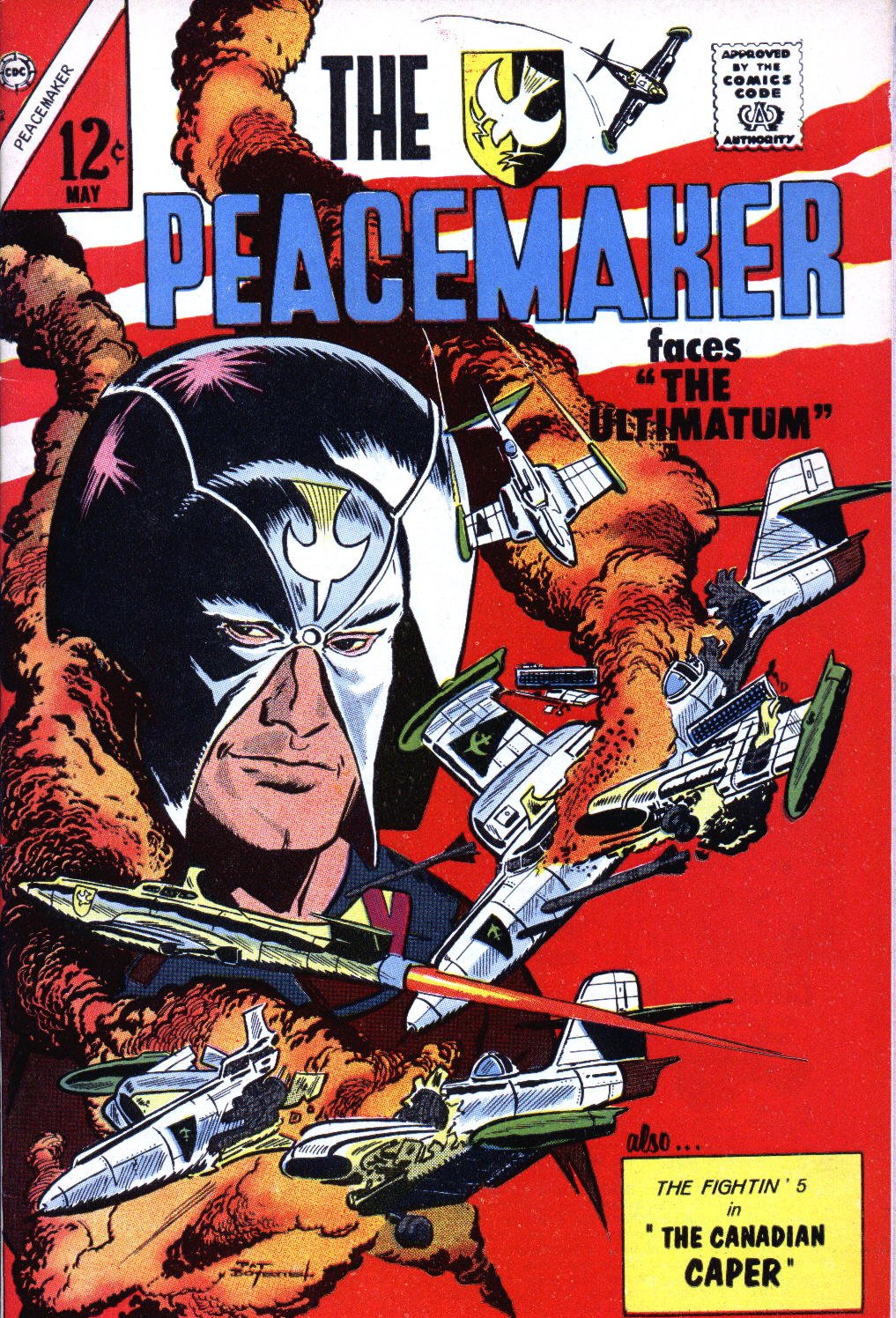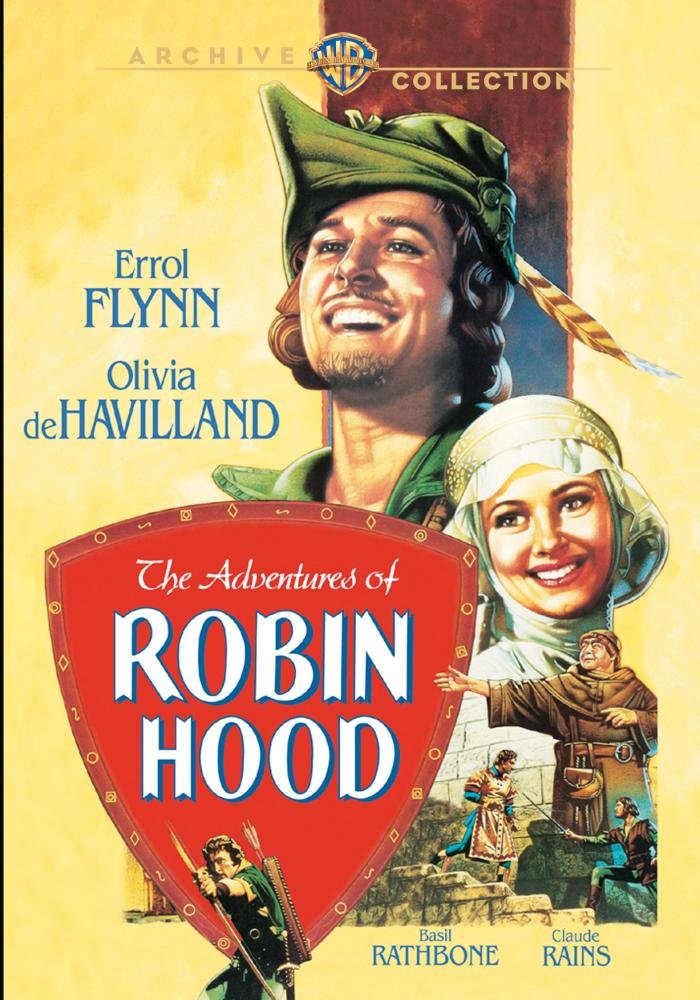If one day you and I should meet and talk and you ask me as an author which writer do I feel is my all time favorite, I might well tell you its Raymond Chandler.
Raymond Chandler was a terrific author and his books, in my opinion, are great works. He’s best known for his Phillip Marlowe novels, many of which were made into movies. Perhaps most famous of those movie adaptations is the Bogart/Bacall The Big Sleep. There was another version made years later featuring Robert Mitchum. There’s the first person point of view The Lady in the Lake. There’s Robert Mitchum again in Farewell My Lovely. There’s the quirky Robert Altman directed, Elliot Gould starring The Long Goodbye. There are a few movies that adapted his novels but didn’t use the Chandler titles, such as the James Gardner starring (and featuring Bruce Lee in a small, but extremely memorable role) Marlowe, an adaptation of The Little Sister. Then there’s what I feel is the very best adaptation of his novels, which also happens to be the first, the terrific Murder, My Sweet (1944), the first adaptation of Farewell My Lovely,
Raymond Chandler was wooed by Hollywood in and around the time his novels were first being adapted in the 1940’s and he wrote the screenplay to the classic film noir Double Indemnity. Flush off the success of that film, he was hired to write the script to another film, the result of which was The Blue Dahlia.
Featuring the powerhouse (at the time) pairing of Alan Ladd and Veronica Lake, the film is a pretty neat but ultimately flawed work which features just enough of Raymond Chandler’s terrific dialogue to make it worth a look, if you’re a fan of his like I am.
Here’s the movie’s trailer:
Alan Ladd plays Johnny Morrison, a veteran of the Pacific theater who returns home with two comrades in arms, George Copeland (Hugh Beaumont) and Buzz Wanchek (William Bendix). From the movie’s opening segment we realize Buzz isn’t all there: He sustained a head wound in the Pacific during the war and is capable of erupting at the least provocation.
They return to California and Johnny leaves his friends to go back to his wife wife Helen, only to discover she’s having a noisy party filled with questionable people in her bungalow. Included and most prominent in the party is Eddie Harwood (Howard Da Silva), the owner of the infamous Blue Dahlia club, who may well be a gangster and is most certainly Helen’s current boyfriend. Because of the movie’s age and the censorship of the times, this is revealed in subtle rather than too obvious way, but viewers should get the hint.
The party ends prematurely and Johnny confronts Helen. He wants to try to repair their marriage but Helen is a very broken woman, and this is revealed plainly when the argument turns to their son, who died very young.
Johnny leaves Helen and, later, she’s found dead.
The movie’s plot thus kicks in: Who killed Helen Morrison? The finger of suspicion is on Johnny, but as viewers we know he didn’t do it. So who did?
The Blue Dahlia is a solid enough film noir but, as I noted above, is something of a flawed work.
Why? Because the plot has some whoppers that are simply too difficult to accept, perhaps the biggest being the waaaaaaaaayyyyyy too coincidental meeting between Ladd’s Morrison and Veronica Lake’s Joyce Harwood. That’s right, Lake plays the estranged wife of Eddie Harwood and the fact that they just happen to meet the way they do and she just happens to be married to the #1 suspect -in Johnny Morrison’s mind- in Helen Morrison’s murder strains credulity to the point of snapping it… though to be fair there is a point where Johnny Morrison wonders about their meeting and whether it was coincidental after all.
Unfortunately, despite whatever suspicion his character mentions, nothing is made of it beyond that one statement and I can’t help but wonder if perhaps Raymond Chandler’s script was changed between page and filming as was, famously, the reveal of who the killer was.
Yes, it is well known the original identity of Helen Morrison’s killer was not who was revealed at the movie’s end. Worse, the way the killer is revealed -and the way the original Raymond Chandler killer is exonorated- don’t make a heck of a lot of sense but neither is it anything that totally destroys the movie.
If it sounds like I’m really down on this film… well, its not entirely true. The Blue Dahlia is a perfectly enjoyable, if at times illogical, film noir and its neat to see Alan Ladd and Veronica Lake co-starring in another vehicle together, even if the film isn’t quite up there with their two best features which, IMHO, are The Glass Key and This Gun For Hire.
It’s a pity those changes to the script were made and I suspect had the movie followed Chandler’s script a little closer, it would have been a better work.
Still, if you’re into this type of film, its a no brainer to spend some time with Ladd and Lake and savor the dialogue of Raymond Chandler.
Recommended.





